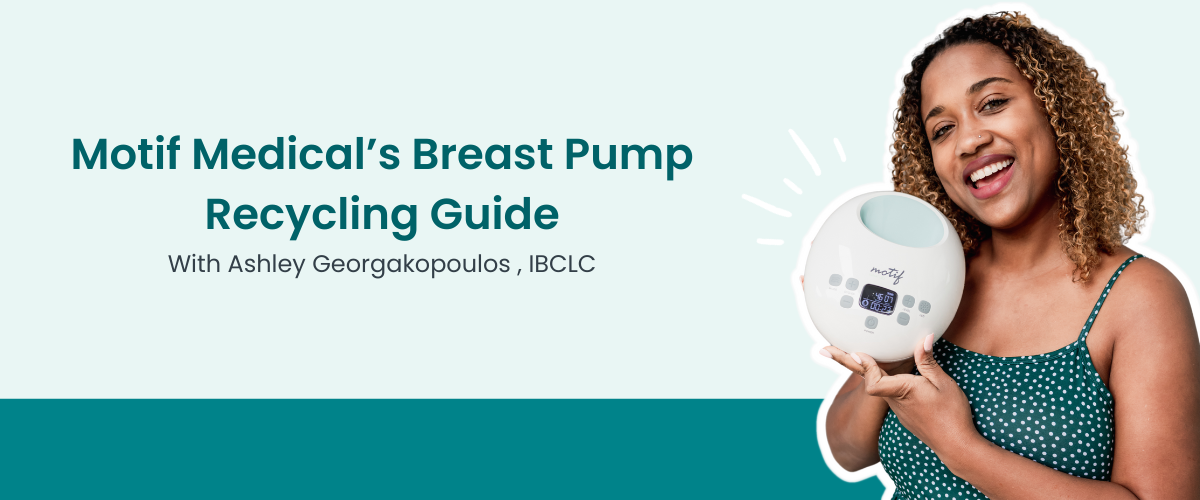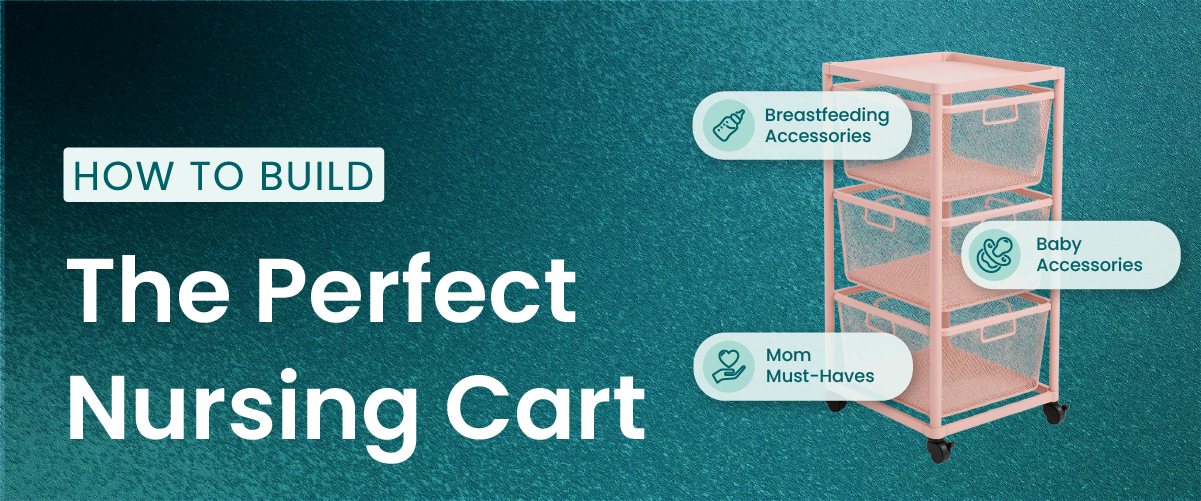Living Beyond Breast Cancer
Although a history of breast cancer or the potential for cancer recurrence doesn't inherently compromise the integrity of breastfeeding, various risk factors and potential challenges may arise based on individual circumstances. The extent of these challenges primarily hinges on the specific care plan and cancer treatment, including hormone therapies, medications, and any structural alterations to the breast resulting from radiation, surgical procedures, or the presence of scar tissue. In cases where cancer affects only one breast, breastfeeding from the unaffected breast generally presents fewer obstacles, but it's essential to recognize that each situation is unique. Let's delve into these differences and factors for consideration.
Cancer Treatment & Breastfeeding
A brief breakdown of various treatments and management of breast cancer looks like this:
● Hormone Therapy, Radiation
● Medicines
● Surgery, Lumpectomy
● Mastectomy
● Mammograms, routine screenings, remission plan


How does this impact breastfeeding and milk production?
Discussing hormone therapies with a healthcare provider is crucial, as certain medications can potentially enter breast milk and affect the baby. If possible, it may be advisable to postpone conception until after completing the treatment. Another recommendation is to consider waiting for a typical period of 2-3 years to ensure remission before attempting to conceive. Prolonging treatment may raise the risk of cancer recurrence, which can complicate a woman's breastfeeding goals, and overall breast health, and increase the risk of severe outcomes or interventions.
Structural damage to breast tissue can impact milk supply, and nerve function, create disparities in milk production between breasts, and even cause discomfort or pain during breastfeeding. Scar tissue and disruptions to alveoli and milk ducts can raise the risk of clogs and engorgement. Nerves play a crucial role in signaling milk production and ejection, and damaged nerves, pain, and discomfort can disrupt these essential signals.
Mastectomies can pose significant challenges. However, if one breast remains functional, the principle of supply and demand still applies. The remaining breast can often meet the baby's total feeding needs, a remarkable accomplishment. While there may be situations where supplementation with donor milk or formula is necessary, the ability to fulfill a woman's desire to breastfeed while reducing the risk of breast cancer recurrence is a valuable achievement.
Lactation Support
Despite these obstacles, many women successfully breastfeed with the support of board-certified lactation consultants (IBCLC), who play a vital role in advocacy for breastfeeding. They navigate challenges by guiding therapeutic techniques, positioning, and postpartum support. Helping mothers who were breast cancer patients achieve their unique breastfeeding goals whether that is through exclusive pumping or exclusively breastfeeding their newborn. Finding support from outside of health professionals can also help your overall well-being and mental health. Your family members, breast cancer survivor groups, and support system can help your decision-making in pursuing your breastfeeding goals with their relational support.
Dispelling Misconceptions & Updating Outmoded Guidance
Radiation, encompassing modalities such as x-rays, mammograms, MRI, and CT/CAT scans, poses no risk to lactation. Although this form of radiation can potentially induce DNA mutations in living cells, it does not accumulate in breast milk, rendering it compatible with continued breastfeeding. Radiopaque and radiocontrast agents, frequently utilized in diagnostic tests such as ductograms, CT/CAT scans, MRIs, MIBI scans, or PET scans, exhibit exceptional inertness and minimal oral absorption, ensuring they do not transfer into breast milk, obviating the need for breastfeeding interruption during their use.
Several medical procedures, including biopsies, needle aspirations, and ductograms, do not compromise the integrity or safety of breast milk. General anesthesia, which is categorized as having a rapid metabolism, does not necessitate weaning or the practice of pumping and discarding, (“pumping and dumping”) breast milk.
Milk production can persist for several months post-weaning and its premature cessation may lead to complications like blocked ducts and mastitis.
Abrupt weaning is seldom warranted or beneficial. To mitigate milk seepage during procedures, comprehensive breast drainage through nursing or pumping immediately before diagnostic or tissue-removal surgeries is helpful and advisable.
Benefits of Breastfeeding
Lowered Breast Cancer Risk & Occurrences
Breastfeeding following a breast cancer experience does not heighten the risk of cancer recurrence, nor does it elevate the baby's chances of future development of the condition. Breastfeeding serves as a natural deterrent to estrogen receptors, which some cancers heavily rely upon for growth. Many breastfeeding and pumping mothers encounter delayed return of their menstrual cycles, largely attributable to reduced estrogen levels and hormonal shifts during lactation through keeping it delayed.
Cancer research underscores that each year of breastfeeding, whether consecutive or not, correlates with an enduring reduction in the risk of breast cancer and other female-related cancers, including ovarian cancer, both before and after menopause.


Public health experts place significant emphasis on promoting breastfeeding rates as a means of cancer prevention and risk mitigation, and survivorship. In addition to advocating for healthy weight maintenance, health information and physical activity. It's well-established that when a woman breastfeeds, regardless of her family history, family members breastfeeding history and lifetime exposure to carcinogens, she and her breastfed child(ren) enjoy the quality of life and advantages of reduced cancer risks.
Information provided in blogs should not be used as a substitute for medical care or consultation.









